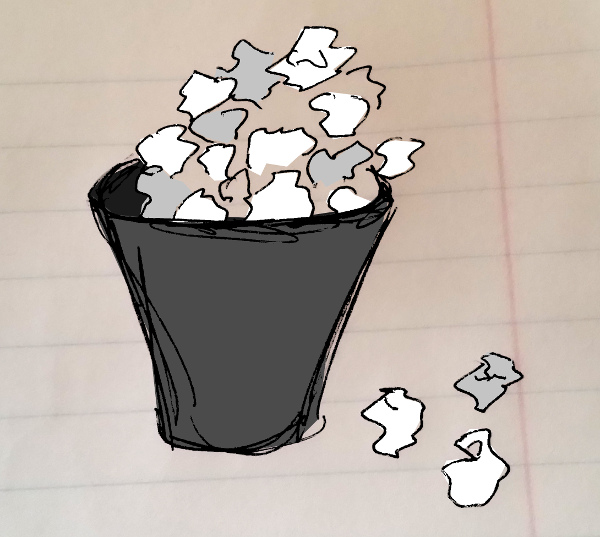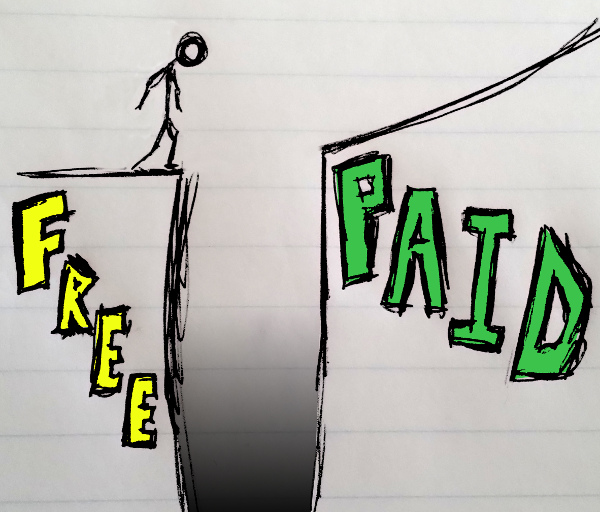Soon after being hired my boss told the story of a project he worked on for a significant amount of time; like months. It never saw the light of day. Subconsciously I think I denied that would ever happen to me, at least not for any major work. Four years later I had not yet encountered such hardship. Yet soon enough that all changed.
Worse than seeing my work tossed, I had to make the call to discard a coworker’s serious effort. After a long delay a key component of the work had been lost. So instead I had to redo the entire project from scratch. Ironically enough my effort turned out to be doomed as well.
At the very end of the rewrite, with only one feature left, I discovered the platform vendor’s latest development kit lacked any encryption libraries. (Finding out so late was a rookie mistake on my part.) When they finally produced a suitable kit the platform had changed so much I couldn’t port my rewrite in a timely manner. So with much chagrin I rewrote it again with the suitable kit and all was well–except for my ego.
Despite wasted time and resources one can typically find something good whenever work goes unused. Over the years I’ve been reminded of a few:
- It is a learning opportunity
- Helps avoid getting overly attached
- New ideas often accompany do overs
- Practice
- Redos are a chance to develop grit
Of course these rarely add up to match the lost time or money. But if the learning opportunities are maximized it can save a lot more in the future.
It can be especially frustrating for those of us who are technical to accept non-technical reasons for work to be mothballed. For us “business reasons” can feel so abstract and intangible. It’s almost as if it’s arbitrary and frivolous. Still, businesses exist to produce a profit, and even organizations have to make trade-offs when their resources are limited.
Until time travel is sorted out, forecasting client needs or project requirements will almost certainly remain an inexact science. While we wait for our future overlords to return let’s take solace by remembering the good that can be salvaged from the ashes of our abandoned work.

